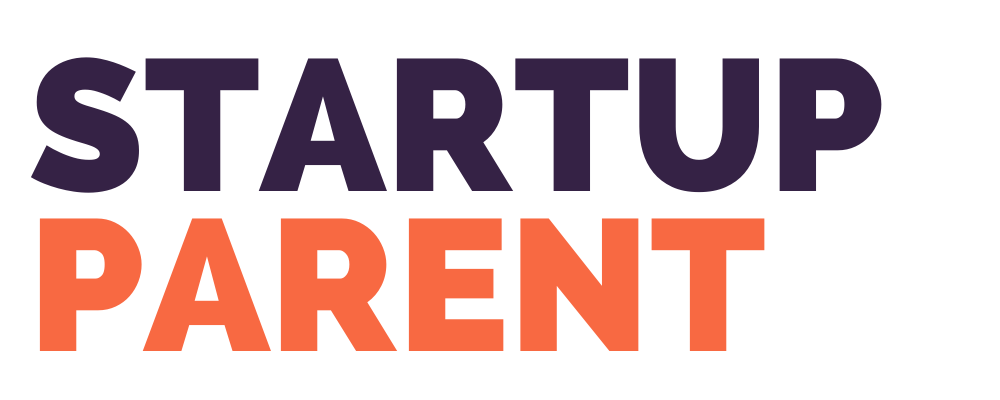Birth Trauma, Informed Consent, and the Flaws of Managed Care — Episode #227 with Allison Yarrow
Birth is broken in America.
Between 30 to 40% of people who give birth in America describe their births as traumatic. If you’re someone who has experienced the range of complications and interventions in the American health care system, or you’re alarmed at the maternal mortality rates in the United States, you’re not alone.
Allison Yarrow, an award-winning journalist, author, and speaker, joins host Sarah K Peck on a a deep dive into the flaws of the managed care system.
Her book, Birth Control: The Insidious Power of Men Over Motherhood takes a hard look at modern medicine and the systematic failures that make pregnancy and childbirth controlled, traumatizing, and injuring for far too many people.
“Yarrow convincingly recasts this country’s maternal health care system as needlessly dehumanizing,” the New York Times writes in review of her book, which came out in July 2023. Birth Control takes a hard look at modern medicine and the systematic failures that make pregnancy and childbirth controlled, traumatizing, and injuring for far too many people.
Most hospitals are run under a managed care system that pushes profits over people, prioritizing efficiency and billing over deep change. The consequences of this are terrifying— it affects every aspect of our society today. If we want to improve the outcomes for birthing people and families, we must unpack what’s wrong with our current birthing process.
Join Sarah and Allison for a riveting and wrenching conversation about why so many people experience birth trauma, why the birth system is broken (under the current healthcare system) and what we can do better in the future.
Beyond the stats, however, we have real stories about how to heal from your own traumas—and the importance of storytelling and processing so you can unpack and heal from your own birth experiences.
In this episode:
- Understand the “obstetric dilemma,” the process that leads to a cascade of interventions, and why there is a medicalization of birth.
- The relationship between trauma and birth, what trauma is, who experiences birth trauma, and the psychology of what trauma looks like in the brain.
- The importance of informed consent in medical care, hospital care, and all types of care.
- How a managed model of care leads to worse outcomes.
- What we can do to change the birth experience in the future.
This episode is an invitation to unpack the intricacies of birth experiences and the existing systems that influence them, so that we can rewrite the narratives surrounding birth and motherhood.
Instead of trauma and disempowerment, we can embrace the power and vulnerability of the birth — and transform it into an empowered, informed, and agency-driven experience. Listen to this important episode with Allison Yarrow about the problems of the medical system, the birth process at large, and the path towards healing and change.
If you experienced any kind of birth trauma, you are not alone. There is so much healing that can happen when you’re able to see the bigger picture, learn why the system is broken, and understand the support that you need. This episode is for all of you—all of us.
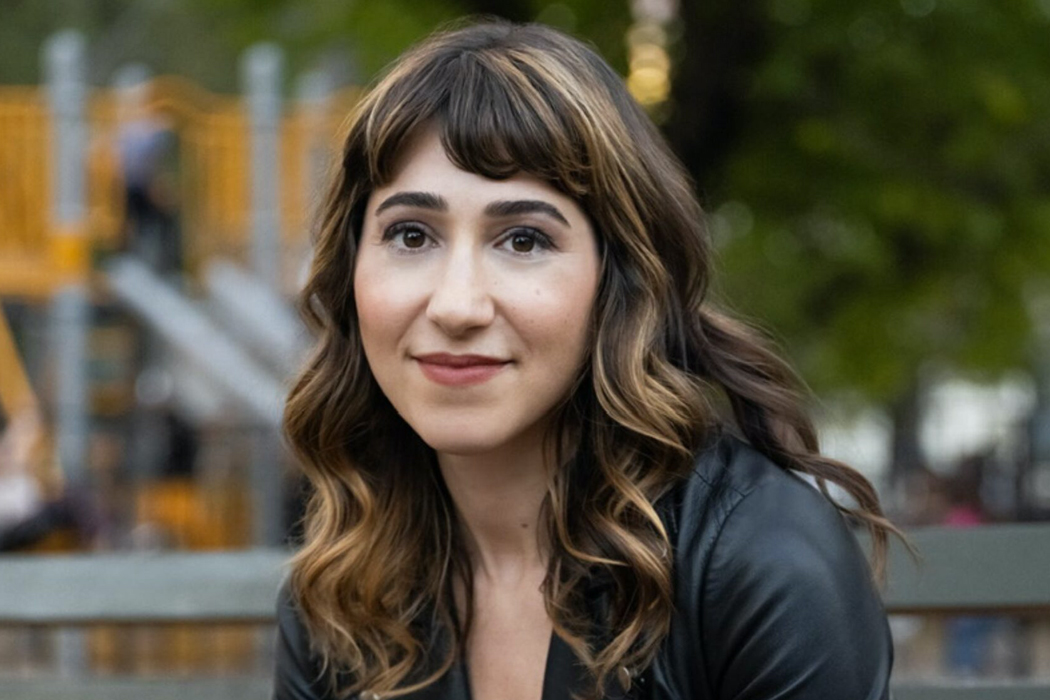
FEATURED GUEST
Allison Yarrow
Allison Yarrow is an award-winning journalist, speaker, and author of “Birth Control: The Insidious Power of Men Over Motherhood.” She has written about health, politics, and gender for many publications, including the New York Times, the Washington Post, Vox, Insider, USA Today, Time, and Newsweek.
Allison was a national magazine award finalist, a TED resident, an Aspen Ideas Festival fellow, and a grantee of the International Women’s Media Foundation. She also produced the award-winning Vice News documentary “Misconception,” and gave a TED talk called “What to Expect Post-Expecting.” She was raised in Macon, Georgia, and lives in Brooklyn with her husband, daughter, and sons.
Where to find Allison Yarrow:
“I’m finding so much power in a group of people who have been touched by birth.”
— Allison Yarrow
QUOTES FROM THE EPISODE
Excerpts from the transcript of the conversation
Allison Yarrow: “Trauma occurs in birth when people are left in the dark, when they don’t know what’s going on, and when they don’t know what’s happening to their body. That can be in any kind of birth scenario.”
Allison Yarrow: “The people who are less likely to experience trauma in their birth are the people who are being communicated with, who are the center of their experience. They are the expert in their body, and they are being interacted with. with that level of respect from their providers.”
Allison Yarrow: The Obstetric Dilemma is this idea that human hips, women’s hips, are innately flawed. But what this does, in my mind, it excuses intervention in childbirth, because it says that your hips are flawed.”
Allison Yarrow: Midwives after home births often will encourage people to have a conversation about birth. What happened? How did it go? What was good? What was not so good? Let’s process this together. Let’s talk about it. Let’s have a narrative around it. And in our country, in this managed care model […] you’ve been the patient, the baby is out, 24 to 48 hours later, you’re headed home. If you’re one of a quarter of people giving birth in this country, you’re back to work two weeks later. Like, we don’t have time for your story. We don’t have time for you to understand this. We actually don’t want to talk to you about what happened.”
Allison Yarrow: “Routine
Sarah Peck: It’s part of the human experience to contend with an entire range of uncomfortable to awful feelings. But right now our immature cultural response is to try to avoid, ignore, or shame the ‘bad’ feelings. We lose so much when we run from feeling. Avoiding bad feelings is not a realistic goal. What we fail to do is support each other through these challenges. To understand the role of agency, control, respect, and communication. To be seen, heard, and understood. The path through feelings is the next level challenge for people to embrace.
Sarah Peck: If we’re not able to even experience the feelings, then how on earth will we learn to heal? — Sarah Peck
“The people who are less likely to experience trauma in their birth are the people who are being communicated with, who are the center of their experience. They are the expert in their body and they are being interacted with, with that level of respect from their providers.”
— Allison Yarrow
GRAPHICS
If it resonates, share this episode and feel free to share these graphics.

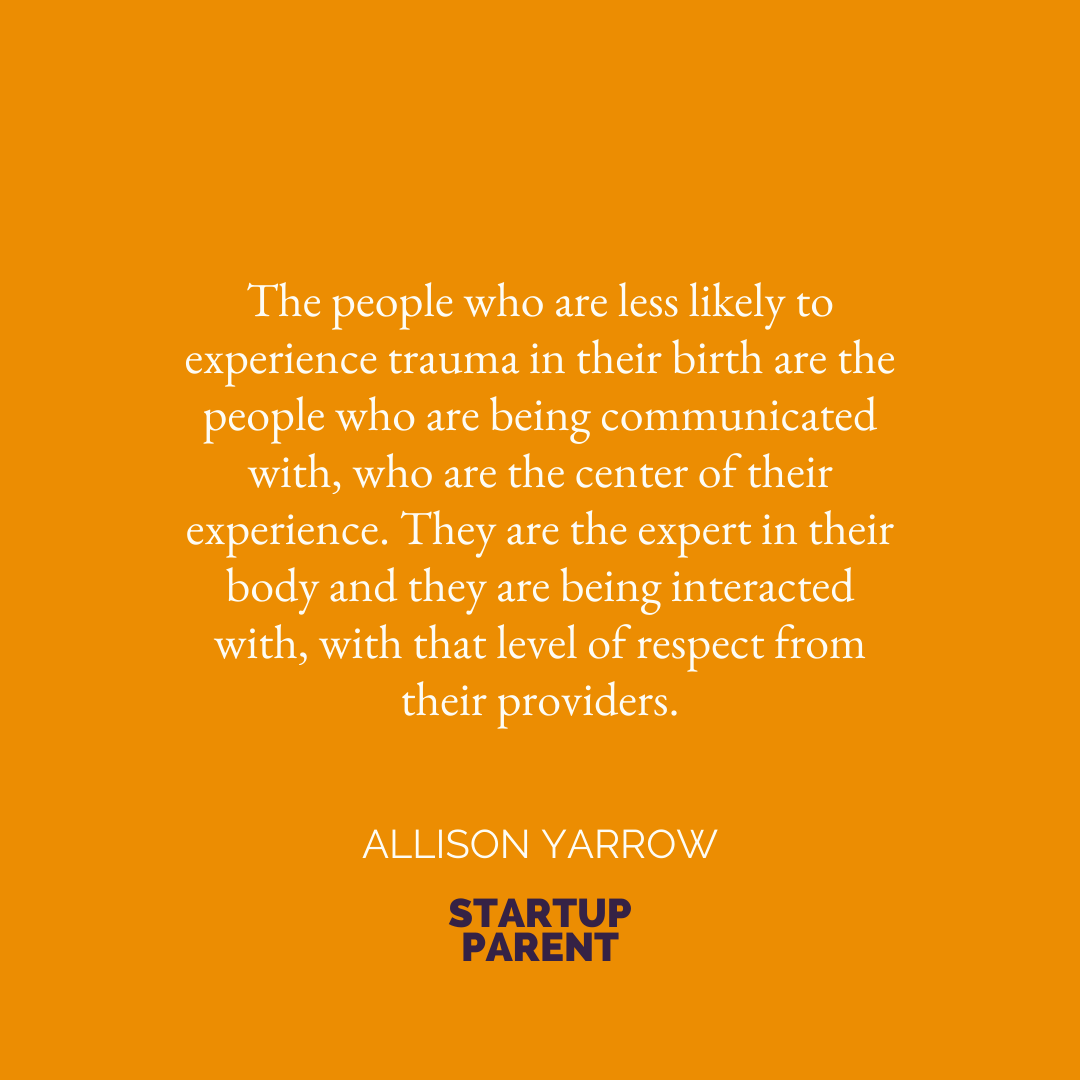
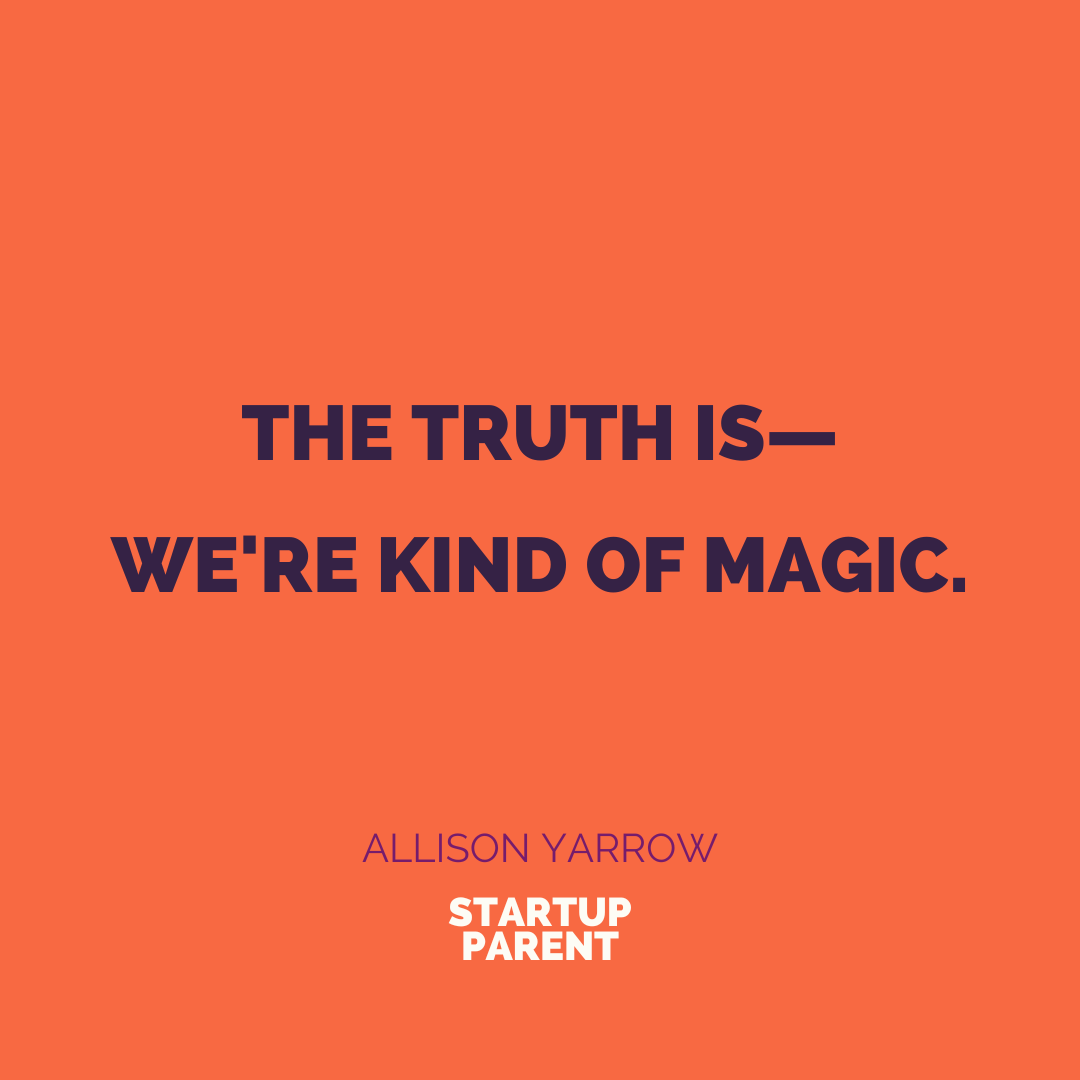
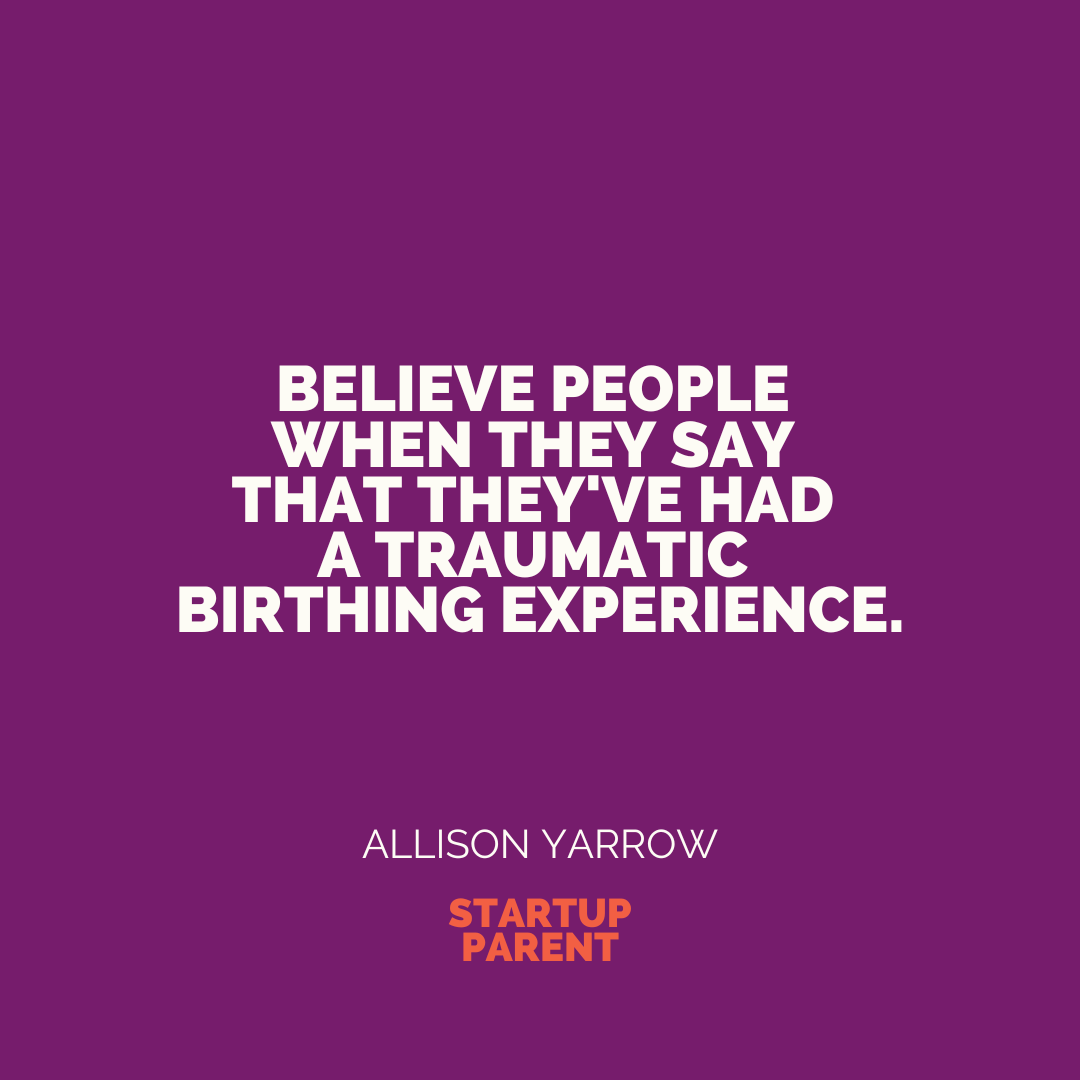
ABOUT THE STARTUP PARENT PODCAST
If you're growing a business, leading a team, or figuring out entrepreneurship and you have kids, this podcast is for you. We go in-depth with founders and entrepreneurial parents about what it really takes to have babies, grow businesses, and get a little bit of sleep. Sign up for the newsletter to get new episodes in your inbox. And leave us a review on iTunes.
Listen to The Startup Parent Podcast on Apple ★ Spotify ★ Google ★ Overcast ★ Stitcher ★ Castbox or wherever you listen to podcasts. Find another podcast player or the RSS feed here.
